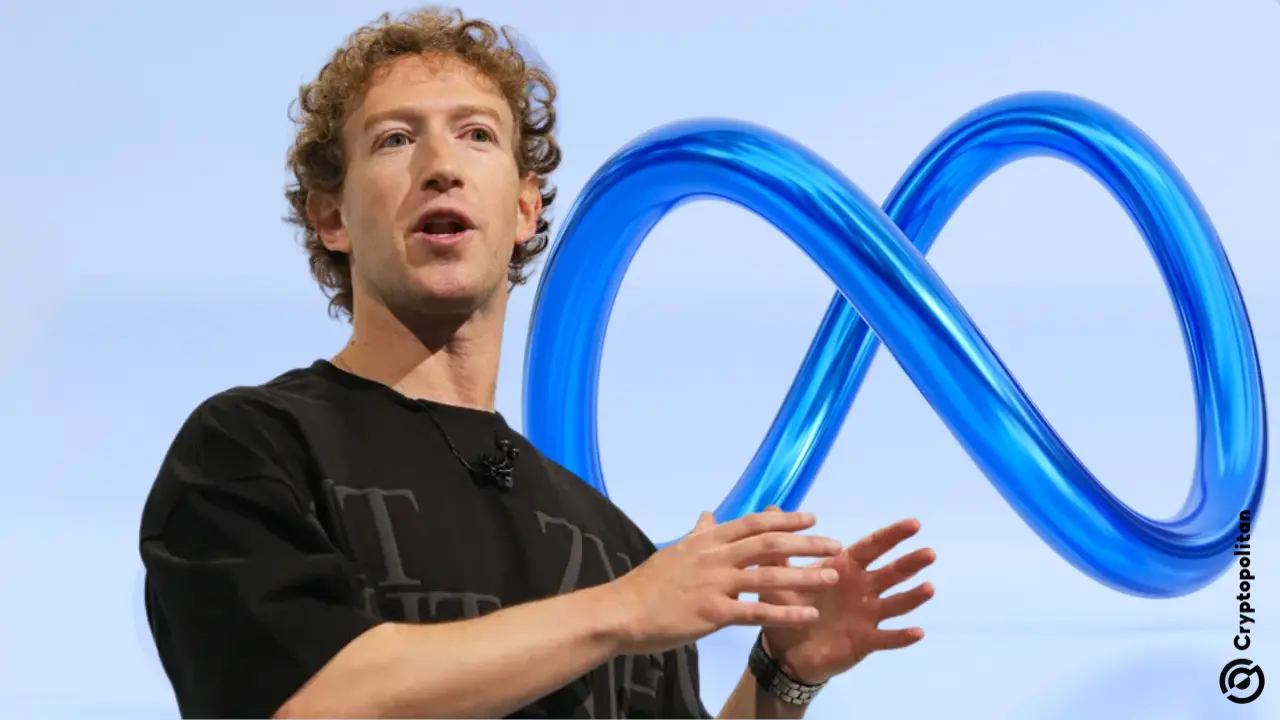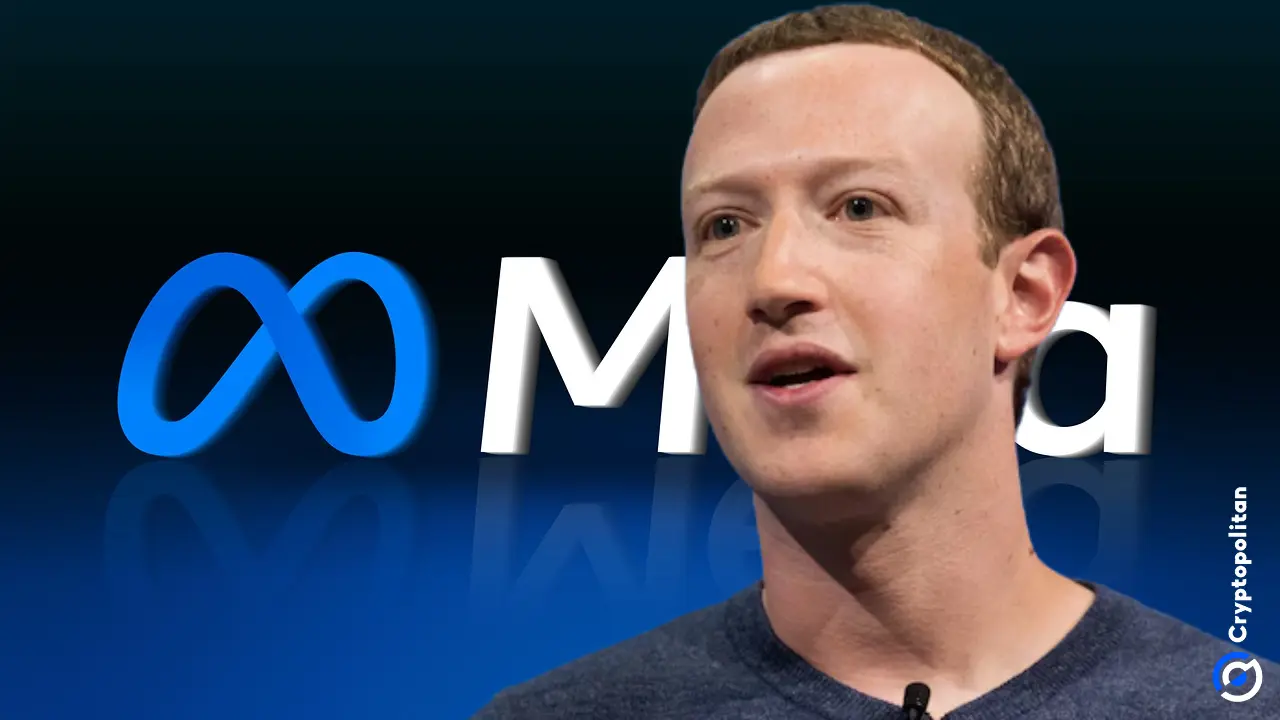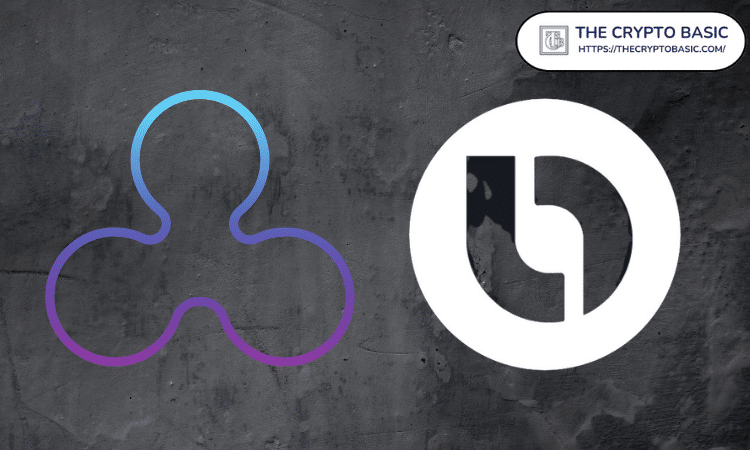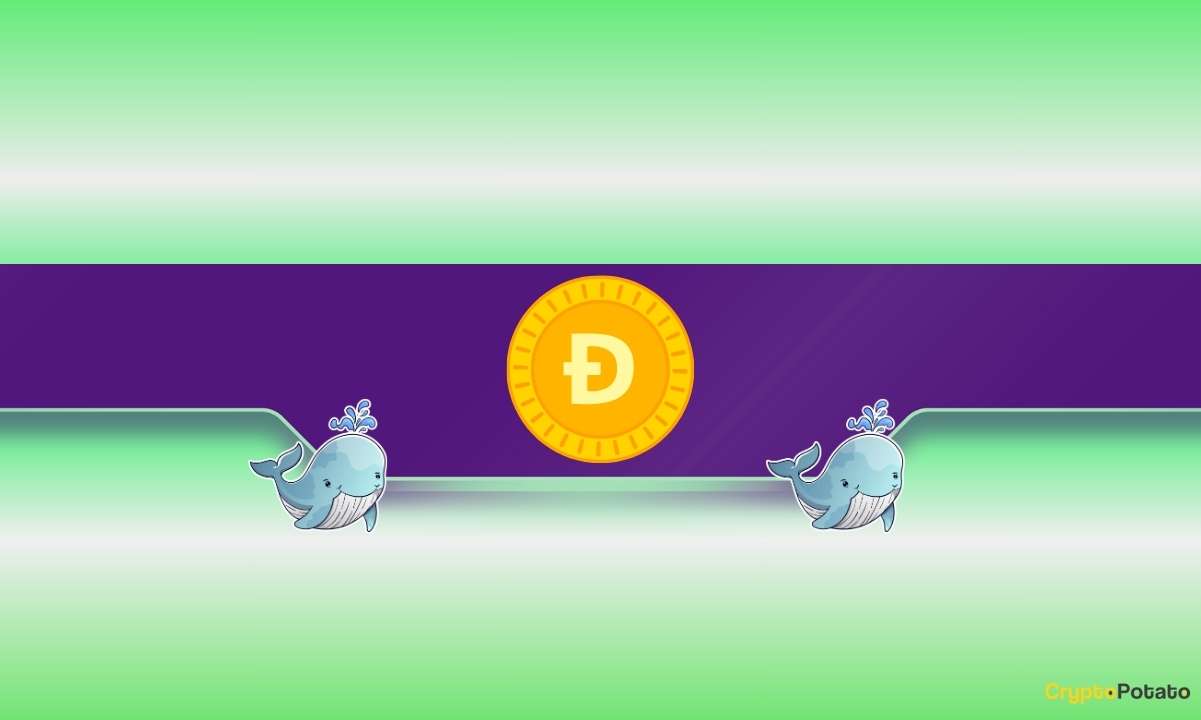The trial of Meta and Federal Trade Commission (FTC) entered its second day on Tuesday with the FTC pressing the social media giant to admit that it bought Instagram to neutralize it.
In this case, the FTC wants Meta to unwind its acquisition of Instagram and WhatsApp platforms years ago. The FTC contends that one of these acquisitions was illegal and anticompetitive.
Internal communication shows the acquisition was to cool down competition
According to a Washington Post article, the Meta CEO Mark Zuckerberg was struggling to defend his reasons for the company’s $1 billion purchase of Instagram over a decade ago.
During the trial process, the FTC lawyer Daniel Matheson reportedly kept pressing Zuckerberg to clarify some internal messages he sent to other Facebook executives about the potential acquisition of Instagram in 2012. In the messages, Zuckerberg indicated he wanted to “neutralize” competition at a time his own firm’s attempts to develop a competing photo app were failing.
Part of the internal communications showed Zuckerberg acknowledging Instagram had superior photo capabilities and growing rapidly in terms of its network of users.
The FTC first sued Meta in 2020, alleging that it illegally purchased Instagram and WhatsApp as part of a broader strategy thwart up-and-coming rivals. Although the judge threw it out, the state beefed up details why it thinks Meta is a monopoly.
The agency further alleges the social media firm’s purchases caused the company to invest less in making Facebook a better product and it deprived users of other more vibrant social media platforms.
The case is the latest effort by antitrust regulators to exercise oversight over dominant Silicon Valley firms. This comes as critics have argued that key internet platforms have become monopolies, thwarting competition from new startups, therefore limiting consumer options.
Meta was doing a “buy vs. build” analysis of the social media landscape
In response to the queries about the internal communication, Zuckerberg sought to characterize the discussions as part of the company’s broader “buy vs. build” analysis of the social media ecosystem. He however admitted that purchasing a company “inherently means taking it off the market.”
The FTC lawyer then repeatedly pressed Zuckerberg to admit his own written analysis of why it was crucial for his company to acquire Instagram. Matheson presented Zuckerberg’s February 2012 chain of messages he exchanged with the then chief financial officer David Ebersman, weeks before the Instagram acquisition.
“[What] I’ve been thinking about recently is how much we should be willing to pay to acquire mobile app companies like Instagram and Path that are building networks that are competitive with our own,” Zuckerberg wrote.
According to the chain of messages, Zuckerberg agreed when Ebersman asked if he wanted to “neutralize a potential competitor.”
During the arguments, Zuckerberg told the court that his company’s several efforts at building its own apps had failed.
“Building a new app is hard and many more times than not when we have tried to build a new app it hasn’t gotten a lot of traction.”
Zuckerberg.
If the US District Judge James Boasberg agrees with the FTC, Meta may be forced to divest itself of Instagram and WhatsApp. The two have helped the parent company build significant digital advertising business and laid the groundwork for its investments in AI.
According to analytics firm eMarketer, Instagram is expected to represent slightly more than half of the company’s revenue from the American market by 2025.
Matheson maintained that during the run-up to the Instagram acquisition, Zuckerberg often wrote that the motivation for the purchase “was rapidly growing, threatening new network,” and nothing to do with “improving Instagram.”
The FTC also maintained that Zuckerberg agreed to purchase Instagram because Facebook was struggling with its efforts to develop a stand-alone camera app, which was code-named Snap.
Cryptopolitan Academy: Tired of market swings? Learn how DeFi can help you build steady passive income. Register Now
















No comments yet